 What is willful blindness?
What is willful blindness?
Margaret Heffernan dedicates Willful Blindness to describe a myriad of situations companies, medicine, business, industry and people who are willfully blind to the consequences of their actions.
This blog shares what willful blindness is. Next blog, steps on how you can avoid the consequences of being willfully blind.
Coronavirus Blindness
First a caution.
We’ve seen news supporting the decisions keeping the spread of the virus down. Some feel the risk of shutting down the economy is worse than the cure. You may have read Fox’s, Tucker Carlson on the coronavirus models: Why have they been wrong? Or Epoch Times YouTube video COVID-19, suggesting the virus is a plot by the Chinese government to take over the world’s economy. There are others like Porter Stansberry on the Virus and the gov't action.. that believe it’s a lie.
The biggest risk to our society isn’t dissension over what’s the correct path, the biggest risk is if there is not.
That’s what the point of Willful Blindness is.
Dissonance is good.
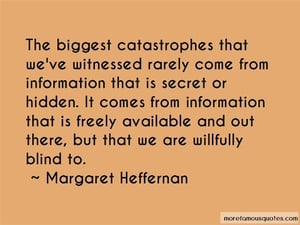 Margaret Heffernan paraphrases Voltaire, “while doubt isn’t a very pleasant condition, certainty is absurd.”
Margaret Heffernan paraphrases Voltaire, “while doubt isn’t a very pleasant condition, certainty is absurd.”
Or as Sir John Dalberg-Acton said, "Power tends to corrupt, and absolute power corrupts absolutely.”
WILLFUL BLINDNESS
There are many stories of willful blindness to choose from in Heffernan’s book.
We’re going to concentrate on the British Petroleum refinery in Texas City, because it illustrates an outdated view productivity, many companies still believe in.
More work hours mean more production.
Cost cutting at this plant meant the title character in this 4th chapter story, The Limits of Your Mind, Warren Briggs was doing the job of 3 people. (Watch the video of the disaster)
When investigators, lawyers, and executives arrived to investigate the cause of the tragedy, everybody talked about blind spots: problems, processes, and warnings that everybody could see but somehow managed not to see. Some of the causes were complex and technical, but some were not.
What happened to Warren Briggs was simple and obvious and not unique to oil refineries. Companies don’t have to kill people to be dangerous.
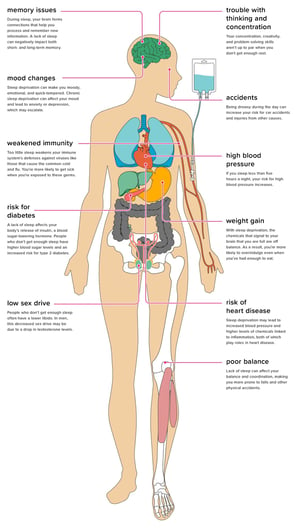 The U.S. Chemical Safety Board (CSB), two year investigation, discovered Briggs was one of the most rested members of his team. The night lead operator, who had filled the tower from the control room before Briggs had come on duty, had worked thirty-three consecutive days, while the day lead operator—who was training two new operators, dealing with contractors, and working to get a replacement part to finish the ISOM turnaround work—had been on duty for thirty-seven consecutive days.
The U.S. Chemical Safety Board (CSB), two year investigation, discovered Briggs was one of the most rested members of his team. The night lead operator, who had filled the tower from the control room before Briggs had come on duty, had worked thirty-three consecutive days, while the day lead operator—who was training two new operators, dealing with contractors, and working to get a replacement part to finish the ISOM turnaround work—had been on duty for thirty-seven consecutive days.
They were all dog tired.
The CSB estimated that Briggs was getting 5.5 hours of sleep per night. He suffered from what they call an accumulated “sleep debt” of about a month and a half. That didn’t just mean that he felt lousy. “It is common for a person experiencing fatigue to be more rigid in thinking, have greater difficulty responding to changing or abnormal circumstances, and take longer to reason correctly,” said the CSB. Focused attention on one thing, to the exclusion of everything else—often referred to as cognitive fixation or cognitive tunnel vision—is a typical performance effect of fatigue.
Briggs and his operators could not see the problem. They were simply too tired.
The UK Health and Safety Executive found that subjective levels of fatigue increase with consecutive early shifts (those starting around six A.M.) The third day of working an early-morning shift results, it said, in a 30-percent increase in fatigue, while the fifth consecutive day of working early-morning shifts results in a 60-percent increase in fatigue, and the seventh consecutive day results in a 75-percent increase compared to the first day.
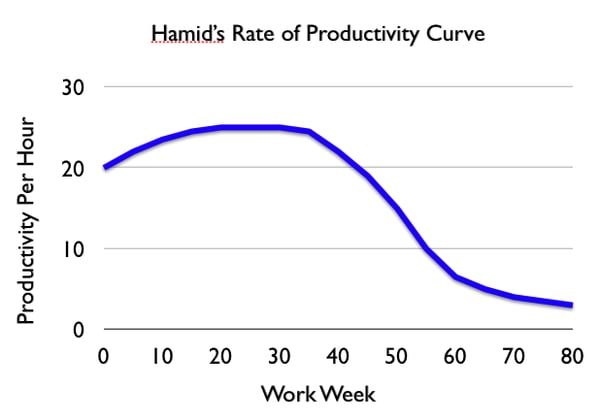 The study doesn’t even contemplate what happens to peoples’ minds when they’ve been working like this for thirty days nonstop.
The study doesn’t even contemplate what happens to peoples’ minds when they’ve been working like this for thirty days nonstop.
Fifteen people died that day at BP’s Texas City site, killed by the explosion.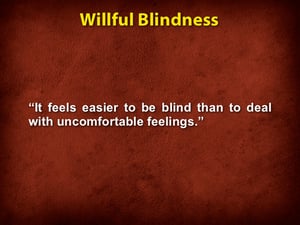
“Resource depletion specifically disables cognitive elaboration,” wrote Harvard psychologist Daniel Gilbert. “Not only does doubt seem to be the last to emerge, but it also seems to be the first to disappear.” Because it takes less brain power to believe than to doubt, we are, when tired or distracted, gullible. Because we are all biased, and biases are quick and effortless, exhaustion makes us favor the information we know and are comfortable with. We’re too tired to do the heavier lifting of examining new or contradictory information, so we fall back on our biases, the opinions and the people we already trust.
It’s not just sleep deprivation that lowers productivity. The graph here depicts Hamid’s rate of productivity curve illustrating the drop in productivity after 40 hours a week.
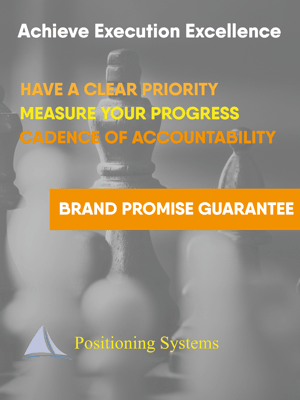 Growth demands Strategic Discipline.
Growth demands Strategic Discipline.
To build an enduring great organization, requires disciplined people, disciplined thought, disciplined action, to produce superior results, and make a distinctive impact in the world.
Discipline sustains momentum, over a long period of time, laying the foundations for lasting endurance.
A winning habit starts with 3 Strategic Disciplines: Priority, Metrics and Meeting Rhythms. Forecasting, accountability, individual, and team performance improve dramatically.
Meeting Rhythms achieve a disciplined focus on performance metrics to drive growth.
Let Positioning Systems help your business achieve these outcomes on the Four most Important Decisions your business faces:
|
DECISION |
RESULT/OUTCOME |
|
PEOPLE |
|
|
STRATEGY |
|
|
EXECUTION |
|
|
CASH |
|
Positioning Systems helps mid-sized ($5M - $250M) business Scale-UP. We align your business to focus on Your One Thing! Contact dwick@positioningsystems.com to Scale Up your business! Take our Four Decisions Needs Assessment to discover how your business measures against other Scaled Up companies. We’ll contact you.
NEXT BLOG – Avoiding Willful Blindness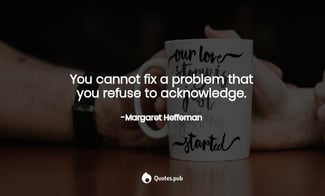
Extending the idea of Jim Collins Strategic Advisory Council, one of my customers has a group of their employees meet once a month to discuss issues, guide strategic direction, and provide feedback, insights, and awareness with respect to the concerns of employees. BE-CI’s culture follows a directive from Heffernan’s book, “When things go wrong, employees usually have a good idea of how to fix them. You need to create a state in which they’ve got the courage to do something.” Next blog, how to avoid being willfully blind.






.jpeg?width=150&height=135&name=Hand%20with%20marker%20writing%20the%20question%20Whats%20Next_%20(1).jpeg)

